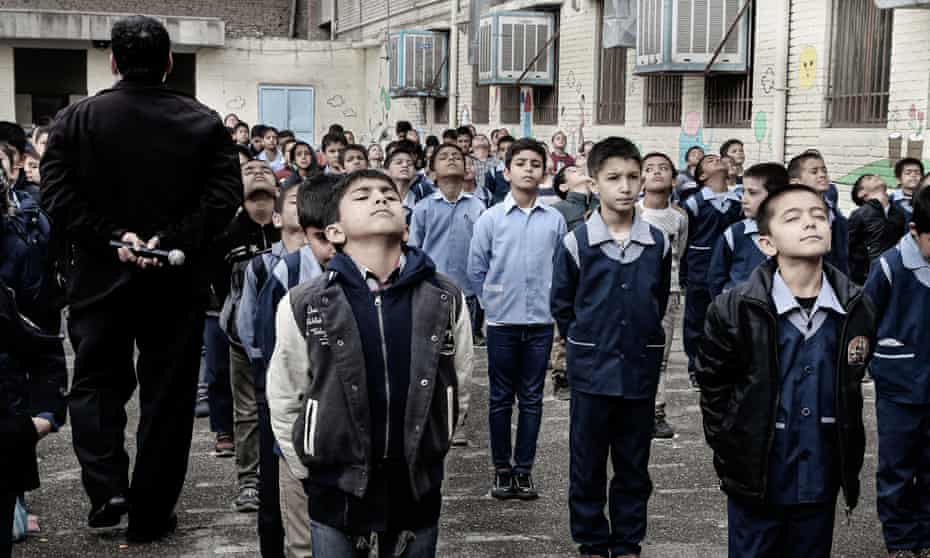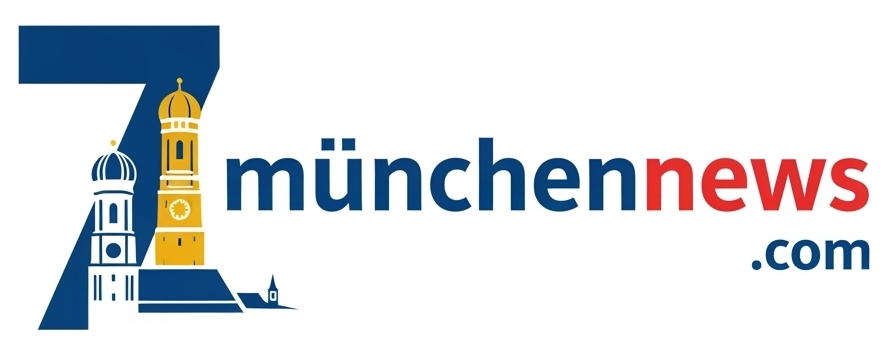Tonight’s Homework review – Kiarostami-inspired snapshot of Iran’s wealth gap

Inequality is exposed in a series of interviews with schoolkids in a heartbreaking doc that echoes Abbas Kiarostami’s documentary Homework

Acheeky-faced boy of seven or eight is asked what he would wish for. “A big bike and a balloon that never bursts!” he replies with a huge grin, tickled with his answer. Another boy around the same age, more shabbily dressed and serious looking, is asked what life is about. He chews his bottom lip: “Life is something that is filled with difficulty.” This often heartbreaking, painful documentary from Ashkan Nejati and Mehran Nematollahi has a simple premise: interviewing Iranian schoolkids to camera about their lives, school, homework and hopes for the future.
It’s a sequel of sorts to godfather of modern Iranian cinema Abbas Kiarostami’s 1989 documentary Homework, which put the same questions to children growing up in the shadow of the Iran-Iraq war. The new film features plenty of kids-say-the-funniest-things moments. A boy is asked which countries he’d like to visit? “Europe, America … Neptune!” And there’s some commentary on the Iranian education system. But what lingers is the film’s devastating snapshot of the gap between rich and poor. One of the rich kids, a placid round-faced boy, brags about how well-off his dad is and how many cars they’ve got. The interviewer gently probes him: do you know what wealth is? “Yes, someone who has a lot of cash like my dad.” Do you know what poverty is? “No.”
If he ever watches the film he’ll find out. You can spot the poor kids instantly, and not just from their faded, many-times-washed sweaters and DIY haircuts. It’s their clenched body language and lined-before-their-time serious faces – a reminder that for them there’s no time for silliness or play. The headteacher of these boys explains that in calendar years, they are eight to 10, but maturity wise, more like 17 or 18. Most work afternoons and evenings, selling goods on the street or busking. One boy explains how he burns newspaper and rubs the soot on his face to look dirtier, more pitiable. Another pays his family’s rent and food. “I don’t buy toys. When you need to fill your belly, you don’t buy toys.” It’s not an easy watch, but these kids are invisible enough without the world shutting its eyes.




